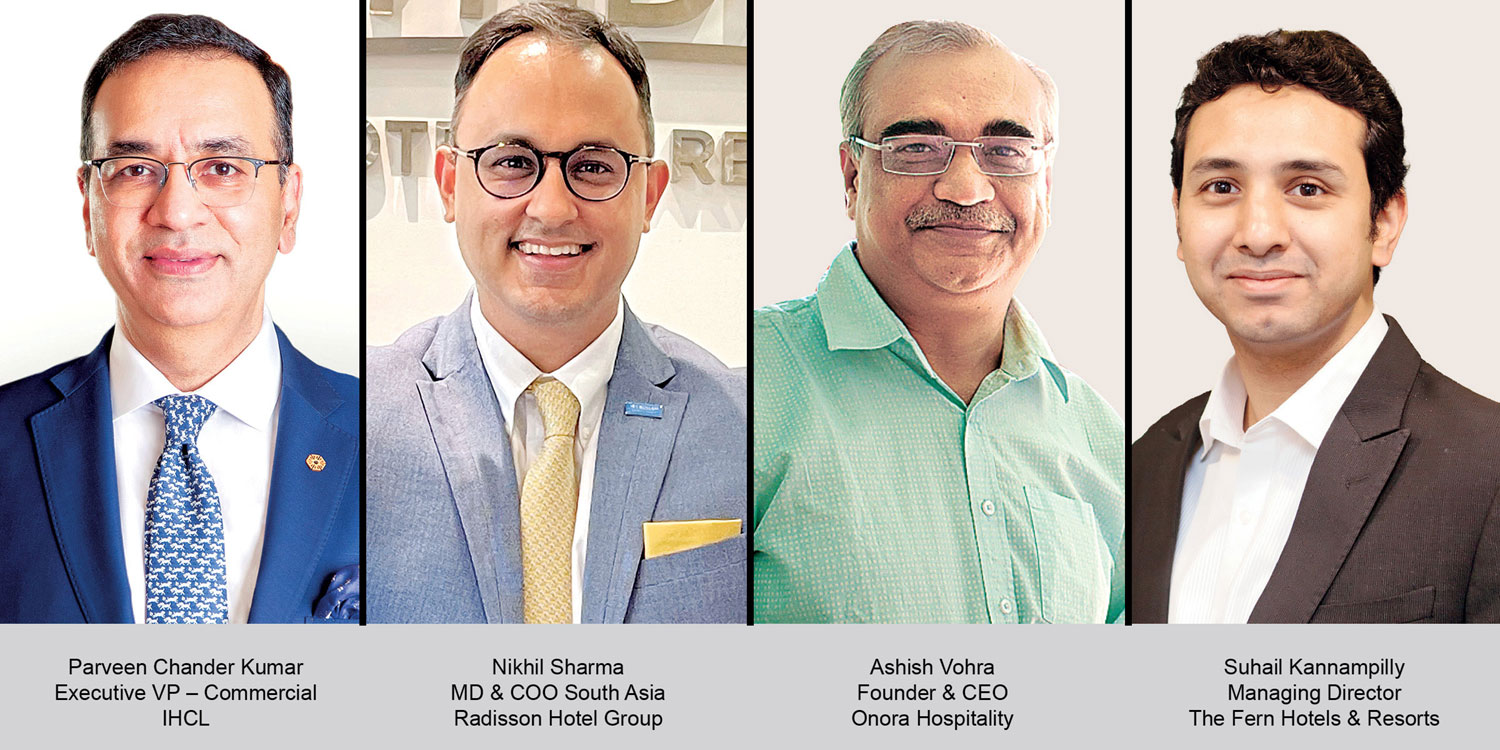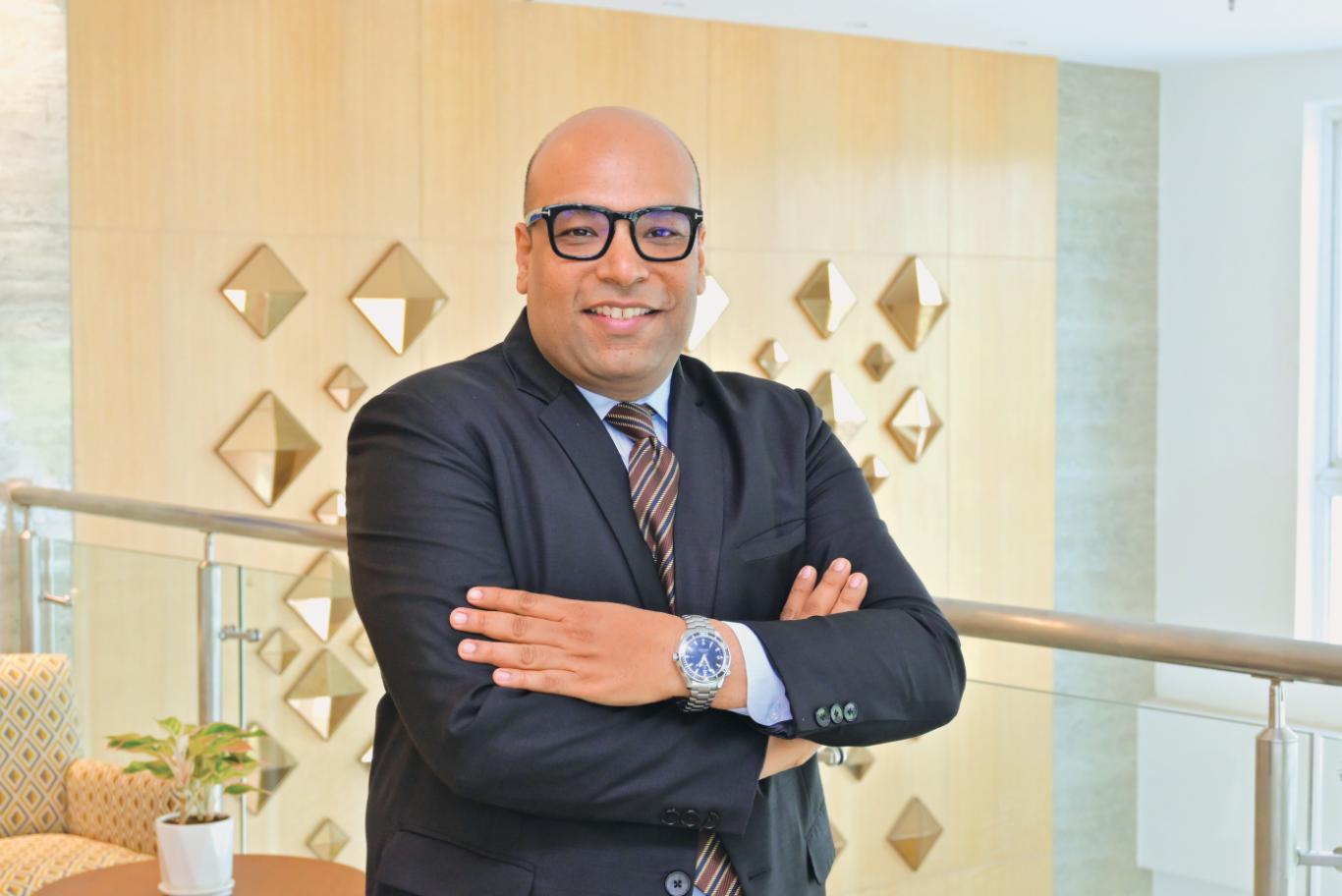Dilip Puri, Founder & CEO, Indian School of Hospitality (ISH), says that for educational institutes, delivering effective high-quality learning online is going to be the new normal. The CEO also explains that one needs to await the feedback on hotel SOPs from customers to help improve them further.
Nisha Verma
Claiming that institutes like ISH are well-prepared for the new normal, Dilip Puri said, “In the last three months, all our curriculum, barring the practical side, is being delivered online and is providing more effective learning. By doing that, we have also been able to look at our curriculum from a different perspective and see how much of that can be digitised to create a blended learning opportunity. We are already delivering the new semester online full time, five days a week, and students have moved on to the new semesters. While we had a challenge as one batch was meant to go for internships, we could flexibly bring the later curriculum to these six months and push their internships to January. In education, if you are able to adapt and use technology to effectively deliver high quality learning online, it’s going to be the new normal. I’d like to believe that institutions like ISH are very well prepared for it, and the same goes for other academic institutions, as they are getting prepared for it, too.” However, he thinks that it is the best time for students entering education to get trained for the new normal. “This is the time when they can actually get a ring-side view of some monumental changes towards what we describe as the new normal, including the way they consume education and learn,” Puri explained. ISH has also made adjustments to its fee and scholarship structure as well as curriculum.
Explaining the same, Puri said, “We have very interesting flexible options for students in terms of ensuring that the meritorious students do not lack the opportunity to study in an institution like ours. We have different categories of scholarships—for women students, for military personnel’s children, for special circumstances, as well as on merit. Beyond that, a student support agreement is when a student cannot afford to pay whatever gaps in the fee
they cannot afford to pay today, they can pay that as a deferred payment only when they graduate and get a job.”
Commenting on the hospitality scenario today, he said that the SOPs that hotels have come up with clearly serve the purpose of giving confidence to consumers to travel.
“However, there has been no consumer feedback on these SOPs because there are no consumers today. Nobody is staying in hotels to tell them what is expected. I believe that when the industry finally reopens and consumers start using the hotel, we will get early stage data as to how these SOPs and programmes have to evolved and improved,” he concluded.
Staff is at risk with hotels doubling up as hospitals
“It can be a mandate for hotels, as getting attached to hospitals is a government decision. While it may not be a bad business decision, if hotels are being paid a decent amount for mild or asymptomatic patients, the challenge is risking the employees. The hotel staff is simply not trained to be COVID-19 workers. Owners and operators of hotels must do everything possible to protect the safety of their employees.”
– Dilip Puri
 TravTalk India Online Magazine
TravTalk India Online Magazine





